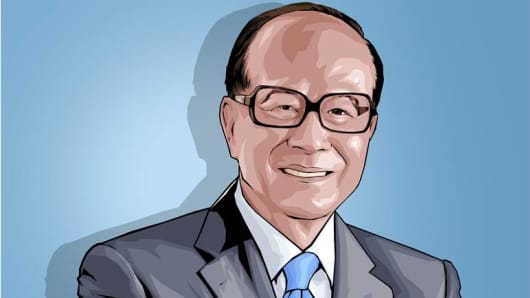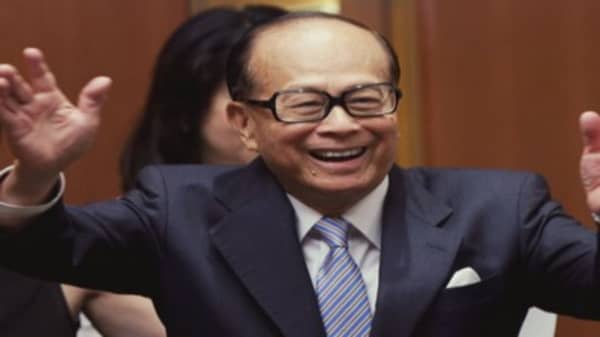Chairman, Cheung Kong Holdings and Hutchison Whampoa
Born: June 13, 1928, Chaozhou, China
Education: High school
Li Ka-shing is Asia's richest man, with a fortune of $28.8 billion, according to Bloomberg estimates. His wealth and extensive philanthropy, and the scale of his Hong Kong-based commercial empire combine to make him widely considered the region's most powerful businessman.
Li is the oldest member of our list of the 25 rebels, icons and leaders of the past quarter-century. A large part of his career predates 1989, when he bet his earnings—from making plastic flowers in the 1950s after his family fled China—on the economic future of Hong Kong, which was then a British colony. Shrewd local property investment gave him further resources to expand his industrial assets. His critical move was acquiring control of Hutchison Whampoa in 1979, which broke the British hold on Hong Kong's dominant trading houses, or hongs.








































